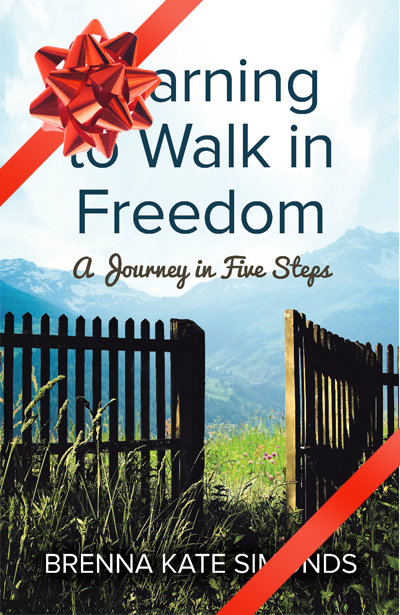It’s happened to all of us.
We are walking down the street, out of a class, into the board room, and something happens.
Someone makes a comment that feels like a slight.
We share our excitement with someone, and they minimize.
We open up about a struggle, and it is dismissed.
We are reminded of a shortcoming.
We feel weak. Exposed. Undervalued. Ignored.
We retreat to our default setting.
What is a “default setting”?
A “default setting” is the place you retreat to when triggered. It could be an action (like reaching for pornography) or an emotion (like falling into complacency, depression or suicidality).
A “default setting” could be a ritual, the places you go and the patterns you fall into when self-medicating.
We all have a default setting. You may have one or many. It may change over time, depending on various contributors.
The concept of a “default setting” is something I recently started thinking about while talking to a friend. She has a very clear default setting that she goes to when something triggers her or the outside stressors feel like too much.
My default setting is currently mild depression, lethargy and lack of motivation. I was sent to my default setting on Monday by some challenges that came my way over the weekend. I woke up, feeling down, and spent most of the day, sitting and staring at my computer. At around 4 PM, I finally was able to snap myself out of it long enough to do some stuff around the house.
I’ll ask you to think for a minute: what is your default setting?
Sometimes, the pattern of going to our default setting is so ingrained in us that it’s like going from 0-60 in a split second. Other times, we can see ourselves slowly descending to that place. Either way, we need an action plan to either usurp the process or pick us up out of it, as is clear from my personal example above.
Here are a few things I thought of.
1. Reach Out.
Create a list of people that you can call when you are headed to or arriving at your default setting. If calling is too hard, email or preferably text, so someone can call you back right away. Have a code word, if asking for help is too hard, that your friends know ahead of time means you’re at your default setting.
Speaking with a group of people about this topic recently, many of their default settings involved withdrawal and isolation, as well as acting out in whatever way they typically self-medicate. Russell Willingham says that relational problems require relational solutions. That’s why the first step is to reach out and try to connect with someone. It is also an example of practicing James 5:16.
But if you reach out, and are unable to connect…
2. Check HALT.
We talked in a past post about HALT.
Are you:
Hungry
Angry
Lonely
Tired
If so, remedy that.
3. Do something.
This may seem kind of obvious, but remove yourself from the situation. If pornography is your struggle, go to a public place. If you find yourself headed to a location where you usually act out, turn around. If you identify that your emotions are spiraling and descending into despair or self-loathing, do something that makes you happy. Read an encouraging note that you received (I have an encouragement file for just this purpose). Write a list of things ahead of time of “happy activities”, like go for a run, read a comic strip, listen to uplifting music, or read today’s “Stuff Christians Like” guest post (seriously, you will laugh if you know the song he’s talking about, and I love that song, as you know if you read my blog regularly). Do something that takes you out of your situation.
4. Pray and speak truth to yourself.
Ask God for help. “Is any one of you in trouble? He should pray.” James 5:13a
“Watch and pray so that you will not fall into temptation. The spirit is willing, but the body is weak.” Matthew 26:41
“Do not be anxious about anything, but in everything, by prayer and petition, with thanksgiving, present your requests to God. And the peace of God, which transcends all understanding, will guard your hearts and your minds in Christ Jesus.” Philippians 4:6-7
Pray. Remind yourself whatever you are facing is not unique. Tell yourself the truth, that God loves you (a million Scriptures, John 3:16 to start with), you are written on the palms of His hands (Isaiah 49:16), that His arm is not too short to deliver you, nor does He lack the strength to rescue you (Isaiah 52:2), and He is an ever-present help in time of need (Psalm 46:1). And then pray again.
And if you are still at your default setting….
5. Reach Out Again.
Start with step 1 and do it all again.
It is most helpful to have a plan written out somewhere. You can add things to your own list. The problem with our default setting is usually we go there so quickly, it’s hard to be proactive in pulling ourselves out. That’s why connecting with someone is the best way to deal with our default setting. That person can speak truth to our situation and pray for us when we are unable to speak truth to and pray for ourselves. And if we are unable to connect, having a plan written up ahead of time gives us some other ideas about how to constructively address our default setting.
























